“You’ve changed” are two words that send me spiraling the fastest. Even when they’re true or well-intended, they leave me sucker-punched. I get them frequently, probably because I do change often, and I’m usually the architect of the plans. Every six months, my hair stylist and I conjure a new array of vivids to paint my strands. When there’s a flash sale, I’m getting another tattoo, obviously. Piercings are like sprinkles that decorate my soft-serve body, and finding a new outfit formula that feels like *me*—usually weird, contrasting, loud—sets off a current of satisfaction that I constantly chase.
Yet, when someone points out a shift in perception of me—or I fear they might—the defenses are activated, almost involuntarily.
I’ll give you a few examples. One recent Friday evening, my dad, sister, and I were looking through old photos and up came a cast picture from a high school play I was in (IYKYK). I asked Dad to find me. He couldn’t. “You just look so different now,” he said. I shot daggers his way and quipped: “Wow, it’s almost as if 12 years have passed!”
As someone who’s had virtually every hair color, I’ve experienced people’s inability (and ability) to recognize me for it. For instance, my husband’s iPad screensaver is a photo of me from two Thanksgivings ago. Family came over to do karaoke, and in opening the device, an elder asked who the woman on his screen was. As if it would be anyone else?! When I told him it was me, he replied: “You change your hair so often!” IDK, try looking into my eyes next time!
Example three: A few years ago, I went to a bachelorette party joined by some girls whom I’d only ever met online. After partying together, one of them came up to me, buzzed, and said, “Your hair and makeup are just so bright and done-up in your profile picture, I didn’t recognize you! Haha!” I was bare-faced and wearing sweats. Don’t take me swimming on the first date, I guess.
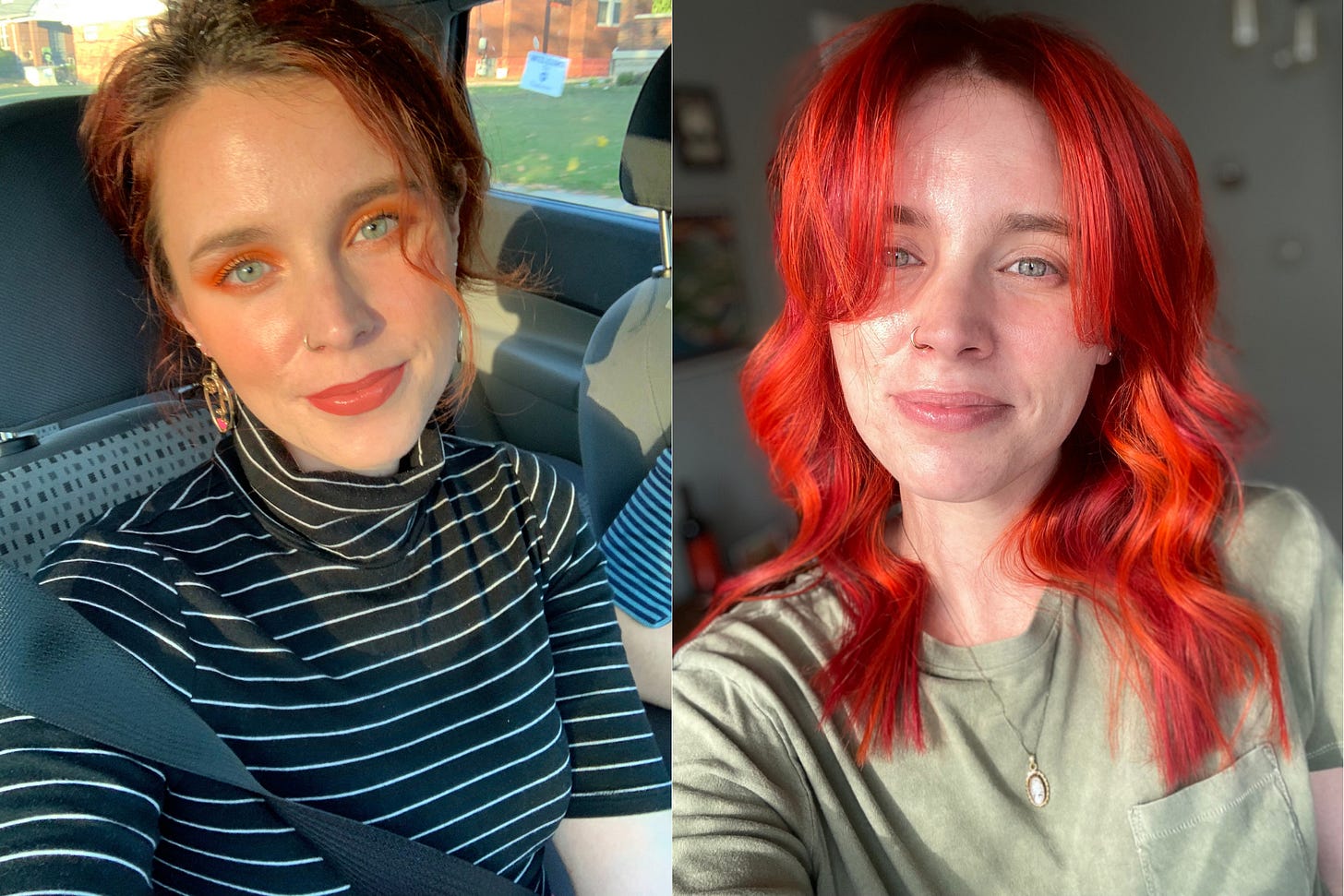
Lastly, there’s the comment that was only implied, yet cuts the deepest. “Where’s my little girl?” my mom said countless times, out loud. “You’re not as people-pleasing as you once were,” she added, internally.
As a kid, long before I had full agency to experiment, I loved the thrill of the unexpected (though I was never—and still am not—a horror fan. Shoutout, religious trauma!). A surprise birthday party remains one of the most exciting prospects to me. A surprise of any kind, really, brims with promise—like pixie dust peppered onto Jenna Rink’s dollhouse, reality could be instantly transformed. Who wouldn’t want that?
When I realized no one was waiting to pop out from behind the proverbial couch, I took thrill-seeking matters into my own little hands. My mom did haircuts in my childhood kitchen—just a regular trim, she’d say—and I begged her for the big chop, just to feel something.
By eighth grade, I persuaded her to buy black box dye from the grocery store so I could show up to school as a normie one day, and a Team Jacob “goth” the next. (Flash forward to me getting bullied for said sudden “gothness,” which was nowhere near the real deal.)
Onward, I tapped into that well of adrenaline by painting on giant winged liner and staying up until midnight to buy sold-out eyeshadow palettes, shaping the caricature I would become. I pierced my nose with a sewing needle in my high school best friend’s bedroom after a Wal-Mart jewelry counter ear piercing gun—shocker—didn’t work. The crunching sound of the cheap stud puncturing my cartilage was the partygoer jumping out, the lights turning on, the confetti raining. While blood streamed onto my shirt, I felt no pain. I just smiled into the mirror, invigorated. It was like a drag queen’s epic runway reveal, only I was both the performer and the audience.
In retrospect, it all makes sense. Those changes—image-related, mainly—gave me control in a home life in which I had very little. Change meant power, freedom. Stepping into, if even parts of, a new identity cloaked me in armor I didn’t wear before. Walking through an unmanned door promised something better. The grass was definitely greener, I was sure of it.
As the architect, I continued plotting, and eventually made my way to the lusher side. My toes are in blades a glowing chartreuse now, and it is pretty damn good. I’m living a life I could have never envisioned—or rather, wouldn’t allow myself to, for fear of disappointment. And as soon as I dare settle in, someone hits me with those two words—the surprise I never wanted.
Listen, I know I’ve changed, superficially, and certainly internally (developed boundaries and shifted priorities, to name a few.) If we’re lucky, we’re all changing, aging, maturing daily. But when someone points it out, I feel reprimanded for coloring outside the lines, like I owe people consistency. God forbid I become unrecognizable to another internet stranger-turned-acquaintance. My question for them is: Did I change, or did you never fully see me to begin with?
I’m sure my penchant for transformation is, at least partially, a coping mechanism-meets-overdue teenage dirtbag phase—but it’s something I’ve grown to love, the idea of being many versions of myself within my one measly life. And yet, so much feels up against it—resulting in a dysmorphia with which I’m constantly in the ring, fighting.
That’s compounded by the fact that resistance to change is deeply cultural. There’s a whole political party designed around it. We fiend for the warm, fuzzy familiarity of nostalgia knowing much of the past was horrendous, to say the least. I, too, love a good throwback! Don’t we all! But at what point does the scale tip too far toward rose-colored lenses, inhibiting our ability to evolve, or at least live in the moment?
The only time we do, as a people, have enthusiastic permission to change is when we vow to become healthier, skinnier, glassier by way of detox smoothies, health kicks, and retinol creams sold to us on pocket screens. Of course, the counter descriptors are, in-coincidentally, the most marginalized: disabled, fat, aging—the facts of life we refuse to confront, although many of us will experience them if we don’t already. These changes are too human, glaringly mortal. We must look the other way to survive—to stay the same. It explains why, when two people haven’t seen each other in a while, it bodes well to say, “You haven’t changed a bit.”
Yes, I’ve changed. But where some see an abrupt shift—maybe even an existential crisis—I see an overripe butterfly emerging from its chrysalis, after years of nervously waiting to fly. On second thought, it’s not change, actually. It’s metamorphosis.
“Authenticity is an orientation, not a destination. Live many lives, each one as true as the last.” —Alok Vaid-Menon



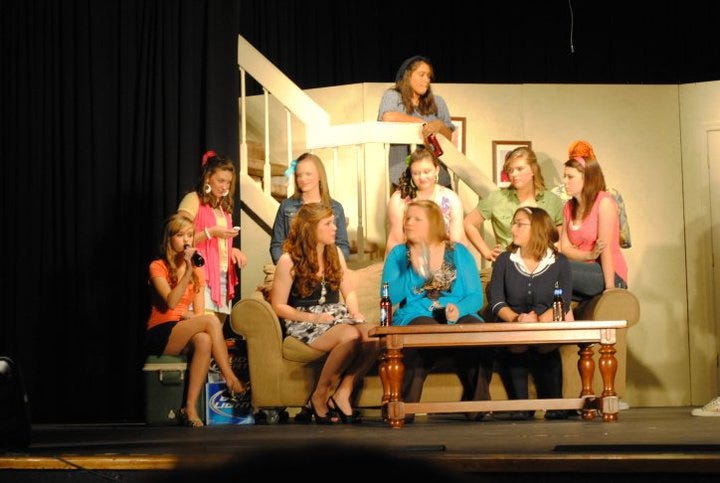
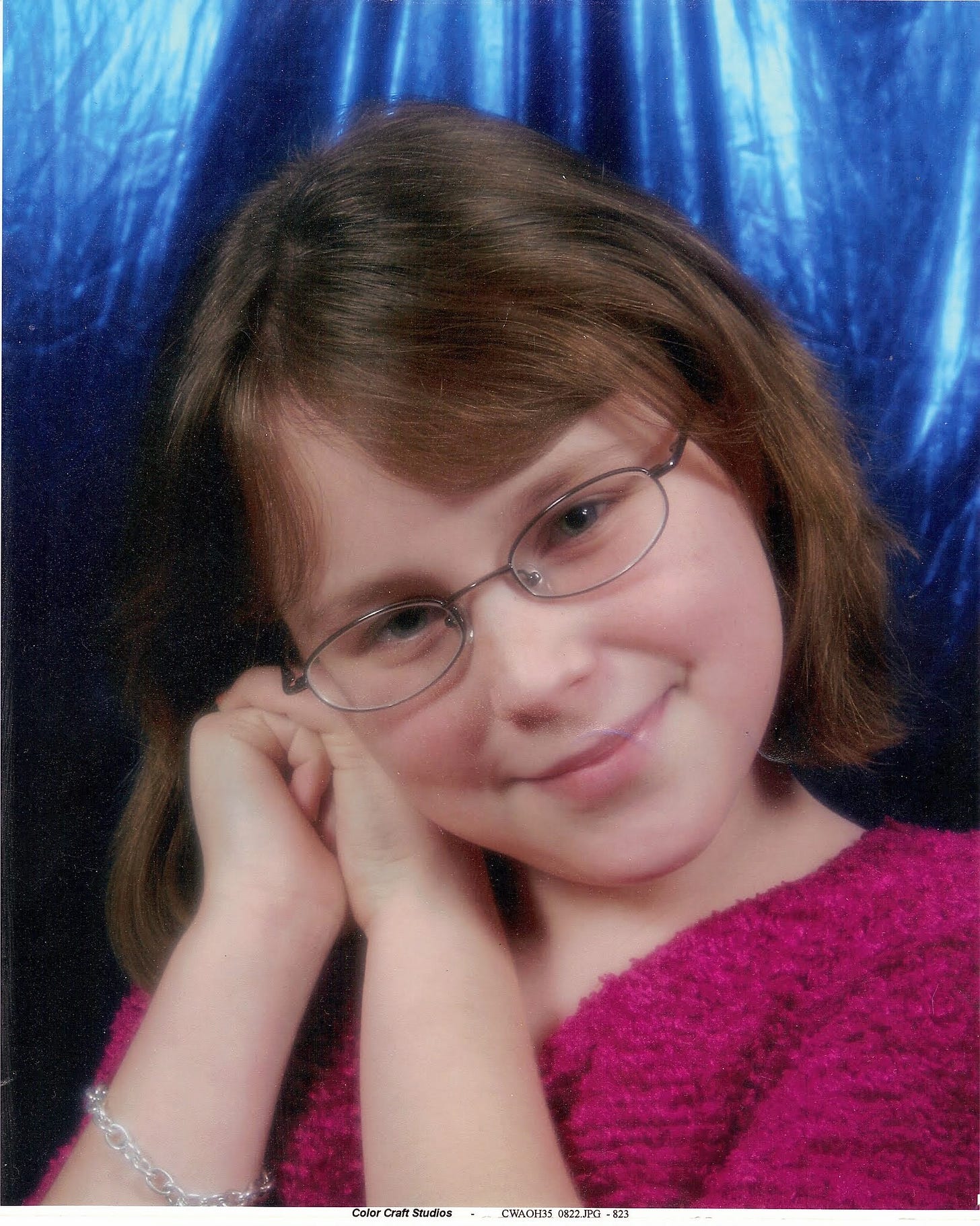
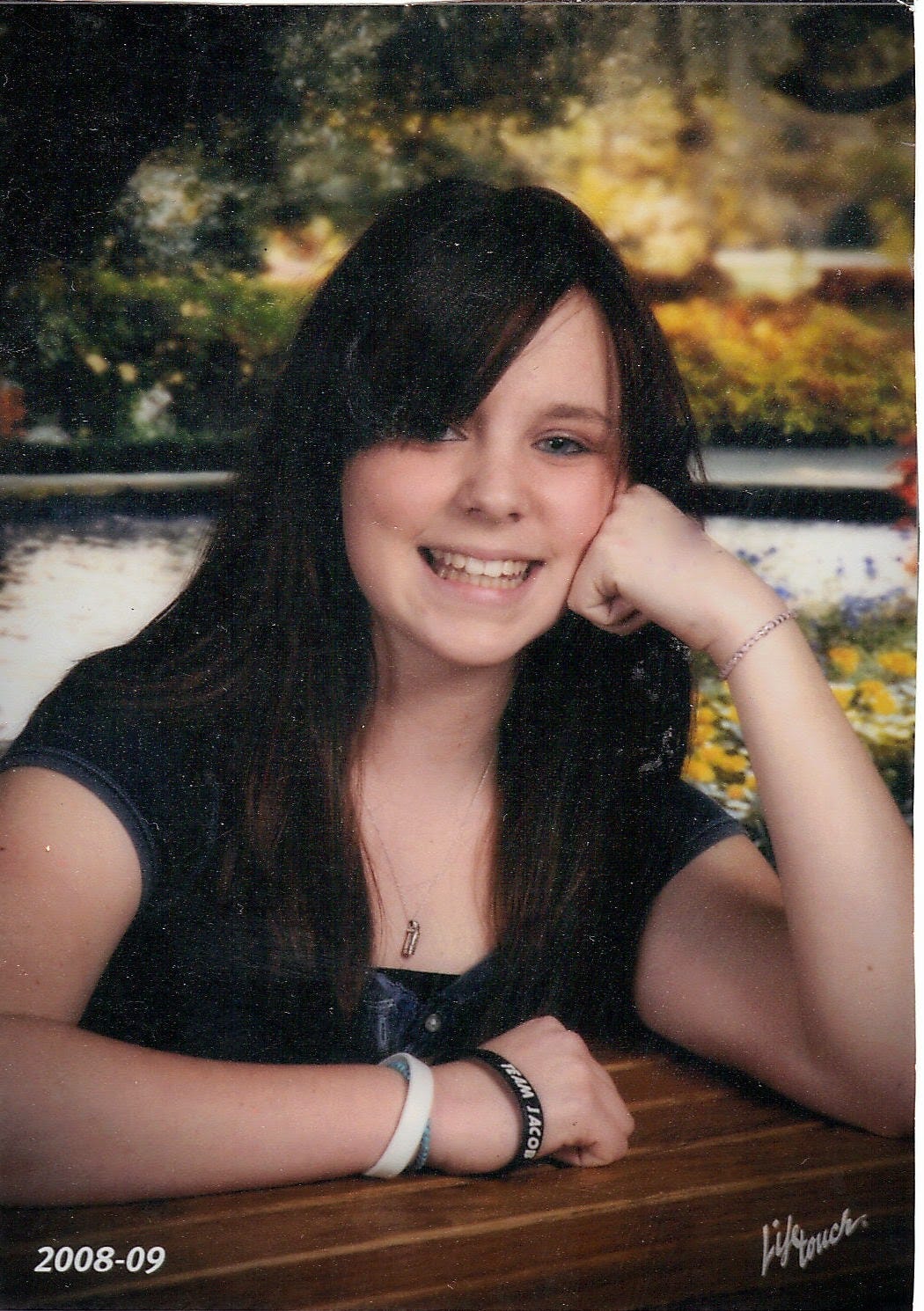
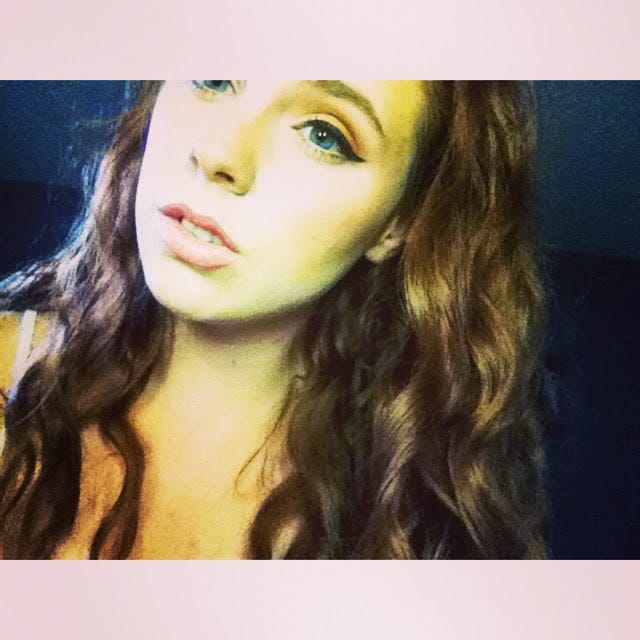
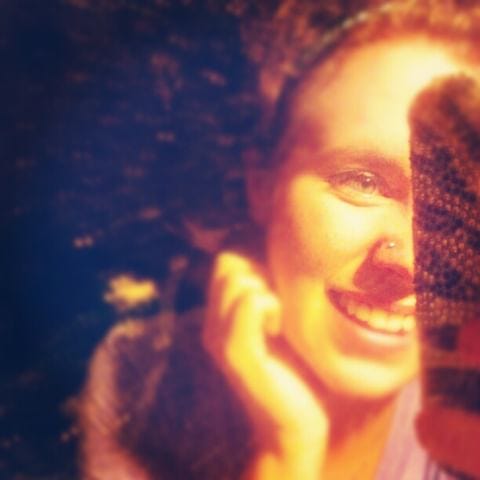
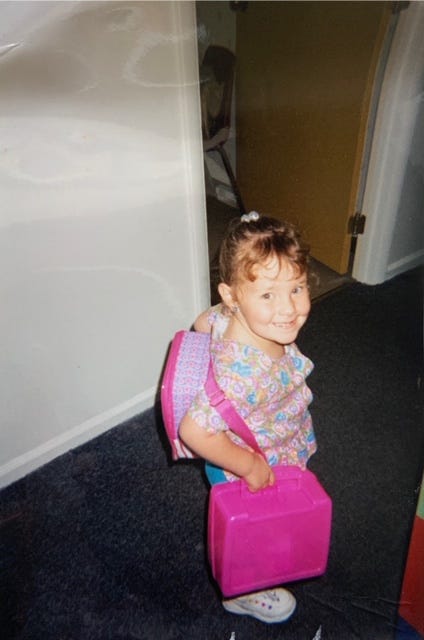
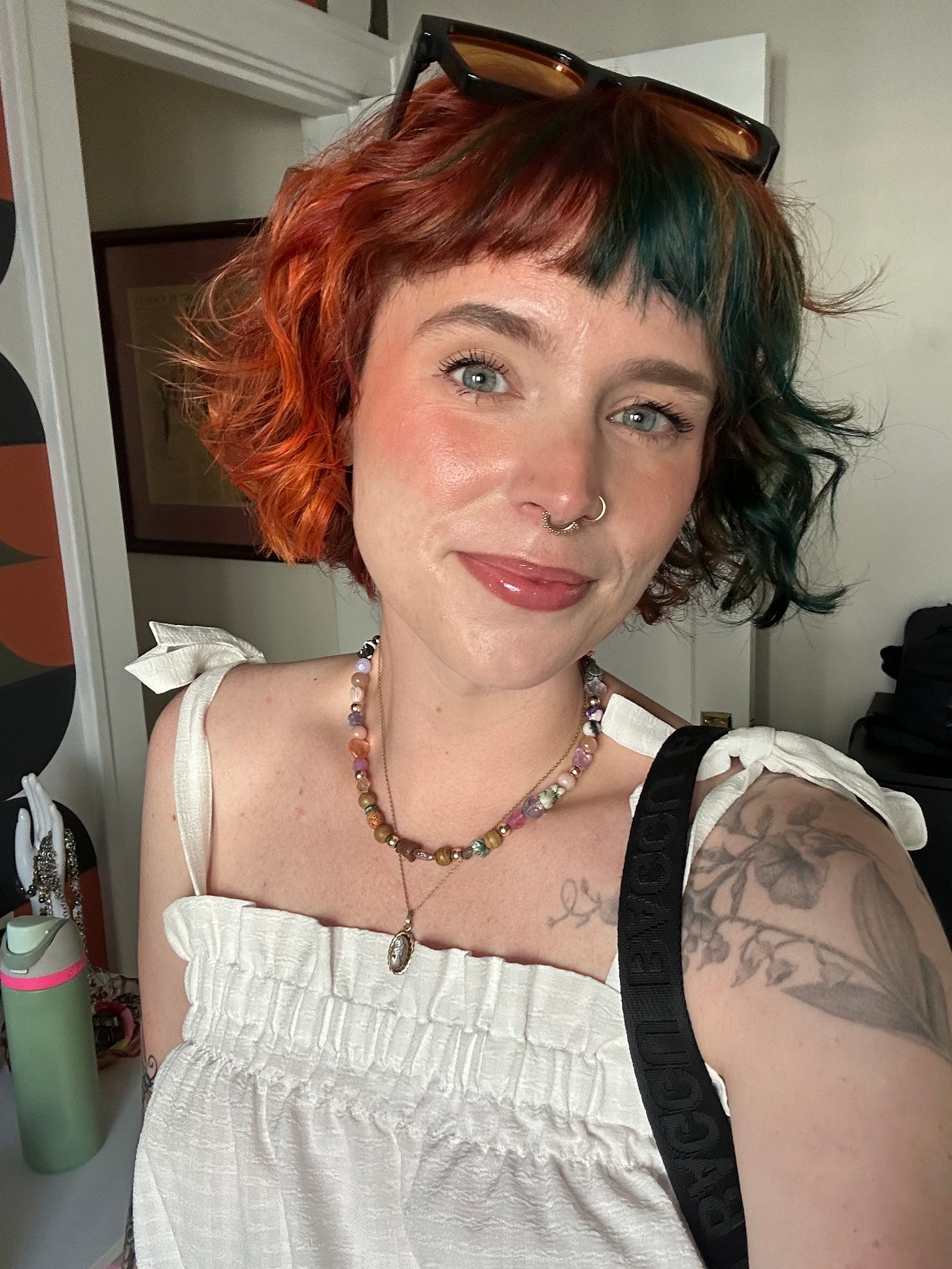
Well thought out Kayla and effectively expressed, glaringly raw, naked and beautiful.
Your words are truly thought provoking in the manner we view ourselves and others. Thank you for sharing your perspective, I for one, accept the challenge to gage my own thoughts and words aimed at others. ❤️
beautiful piece! thank you for sharing 💛